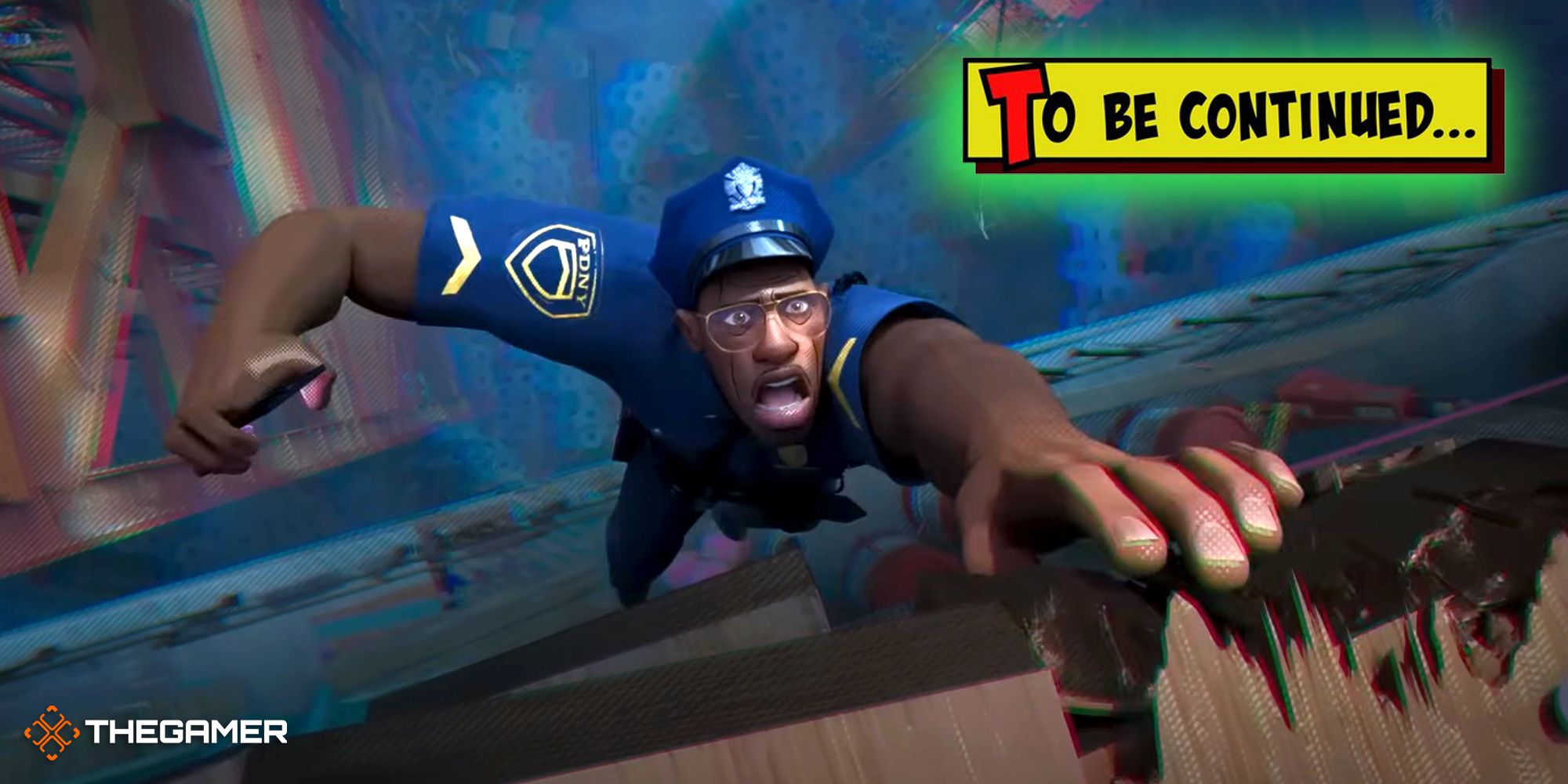Cliffhangers Are The Best Part Of Movies Becoming Hyper-Serialized

Spider-Man: Across the Spider-Verse and Fast X both end on big cliffhangers, and I’ve seen some audience members online react negatively to both movies because they didn’t know about the cliffhangers going in. That’s understandable to an extent. Vin Diesel keeps promising more and more Fast and Furious movies, so who can blame audience members for being confused about when exactly the finale will actually arrive? And Across the Spider-Verse is 2 hours and 20 minutes long and hits credits without resolving any of the conflicts it sets up. Had the movie stuck to its original title, Across the Spider-Verse (Part One), more people would have gotten the memo.
Either way, I liked Spider-Verse’s ending just fine. In fact, it’s one of the few things in recent years to give me any excitement about the future of franchise entertainment. That’s because, for all the interconnectedness of our media landscape, the connections it facilitates rarely feel all that worthwhile. New storylines are constantly being set up without any real plans to pay them off. Charlize Theron showed up at the end of Doctor Strange in the Multiverse of Madness, but she recently said that she hasn’t heard anything from Marvel about her character, Clea, returning. “I haven’t gotten a call,” she said in a red carpet interview. “Is that bad?”
RELATED: Across The Spider-Verse Is The Best Blockbuster We Can Hope For In IP Hell
It seems bad to me. Not for Theron, but for Marvel. The MCU has backed itself into a corner where every movie is expected to end with an alleyoop for other movies down the line. We expect each movie to introduce us to new characters who will get their own movies or TV shows, but after Theron appeared in MoM, Harry Styles dropped by for Eternals, and Ted Lasso star Brett Goldstein scowled his way through Thor: Love & Thunder’s post-credits scene, it’s getting hard to believe that any of this is actually going anywhere. They’re cameos for cameos’ sake.
But, a real cliffhanger is a different animal. Having a generalized expectation that a character will show up again at some point down the line is just our de facto approach to franchise entertainment at this point. But, leaving a movie with specific, burning questions about how a story will conclude and what will happen to its characters can still be exciting, especially when you know when and where those questions will be answered. I was jazzed leaving the theater after Spider-Man: Across the Spider-Verse and it reminded me of how I felt after Avengers: Infinity War. I knew that Endgame wouldn’t leave all those characters as dust — some of them already had movies announced — but waiting a year to see how the remaining Avengers would bring them back was still fun.
In the same way, I’m confident that Miles will be fine. But ending Across the Spider-Verse on a suspenseful note (especially when the next movie is set to hit in less than a year) gives us something to think about in the meantime. Theorizing about what will happen next feels rewarding when the filmmakers put in the work to frame it as significant. The movie treating its twist as if it actually matters invites the audience to do the same.
Seeing a character show up in a movie you weren’t expecting to see them in isn’t exciting anymore. Digitally de-aged Mark Hammill showing up at the end of The Mandalorian season two had the opposite effect on me than the one Favreau and Filoni intended. Endless connection is just a bummer when the movies or TV shows don’t sell us on the connection mattering. But using a cliffhanger to tell a larger story than an audience would sit through in a single film is still a worthwhile endeavor. After all, Across the Spider-Verse is a great movie, and we’re only halfway through.
NEXT: Across The Spider-Verse Is Tears Of The Kingdom













